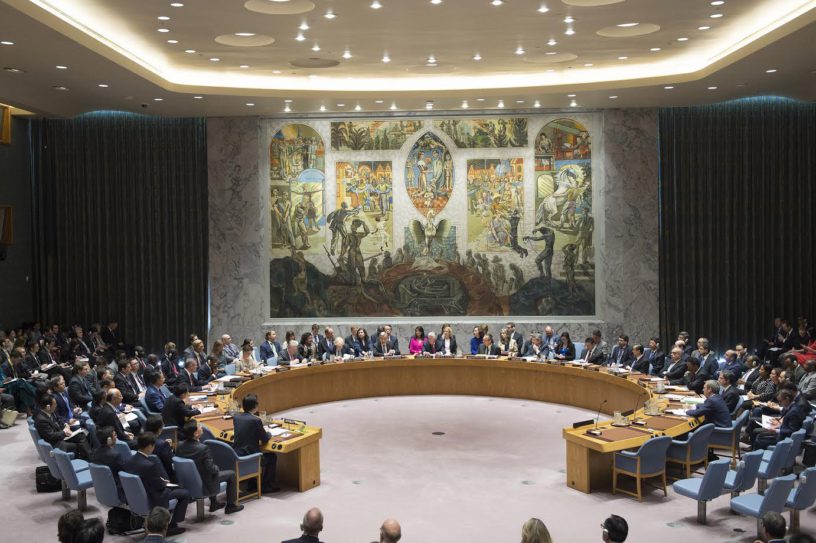For the past 5 years, Canada has been campaigning for a temporary seat on the United Nations Security Council and, on Wednesday, June 17, it was announced that the country had lost its bid. This came as a striking loss to Prime Minister Justin Trudeau who, upon his election in 2015, stated that Canada was “back” after losing the 2010 bid for a Security Council seat; consequently, he made winning a seat a main goal in terms of foreign policy and international diplomacy.
However, Canada arrived late to the race. While the two other contestants, Ireland and Norway, had 10 years to actively campaign, Canada only had 5 years to catch up to its opponents. This is exactly what Trudeau claimed to be the reason for the country’s loss. In reality, there are plenty of other contributing factors to the loss that one needs to consider.
On the one hand, some experts say that Canada’s relationship with the United States could be a primary factor. Firstly, regardless of whether or not Trudeau and Trump agree on a majority of political issues, the association of the two countries presents a problem. Plus, as the two countries are geographic neighbours, Canada prioritizes its relationship with the USA over other countries and, as a result, failed to establish better relationships with other countries.
In addition, one must remember that each country has their own reasons for voting: European countries support other European countries, Arab countries often vote with regards to the Israel-Palestine conflict in mind, etc. This is not helped by the fact that Canada also has precarious relationships with other major countries that take part in the voting process. For instance, China-Canada relations are on the rocks. Since Canada has put a Huawei executive under house arrest, two Canadians arrested in China were charged with spying to pressure the country into dropping their extradition request. As well, the country’s delay in signing the Trans-Pacific Partnership trade deal could have caused Japan to not vote in Canada’s favour.
Adam Chapnick, a scholar who studies Canada’s involvement with the Security Council, stated that “the Trudeau government chose the wrong time to run.” Of course, the country’s loss only proves this point. Not only is this Canada’s second loss in a row, but the criticism Trudeau placed on the Harper government losing this seat 10 years earlier makes the loss more apparent and calls attention to Trudeau’s political record, especially in terms of foreign affairs. In fact, Canada received fewer votes during this voting period than the one back in 2010. Needing 128 votes, or two-thirds of the assembly, to get a seat on the council, Canada only received 128. Norway exceeded the requirement with 130 votes and Ireland received the required 128.
From this loss, it is clear that the Trudeau government needs to start prioritizing the improvement of Canada’s relations with foreign countries and rethinking the country’s approach to the world. Meanwhile, Norway and Ireland will take their seats at the UN Security Council on January 1, 2021, along with India, Mexico, and Kenya.
CBC: https://www.cbc.ca/news/politics/canada-norway-ireland-un-security-council-trudea-1.5616649
Global News: https://globalnews.ca/news/7080009/canada-foreign-policy-review/





Leave a Reply